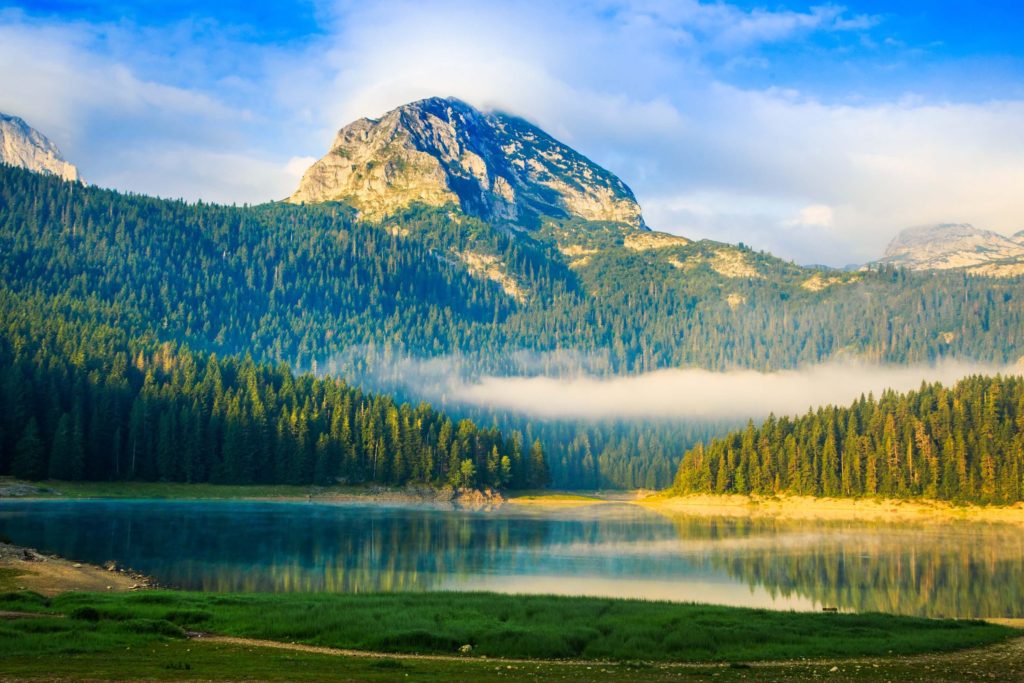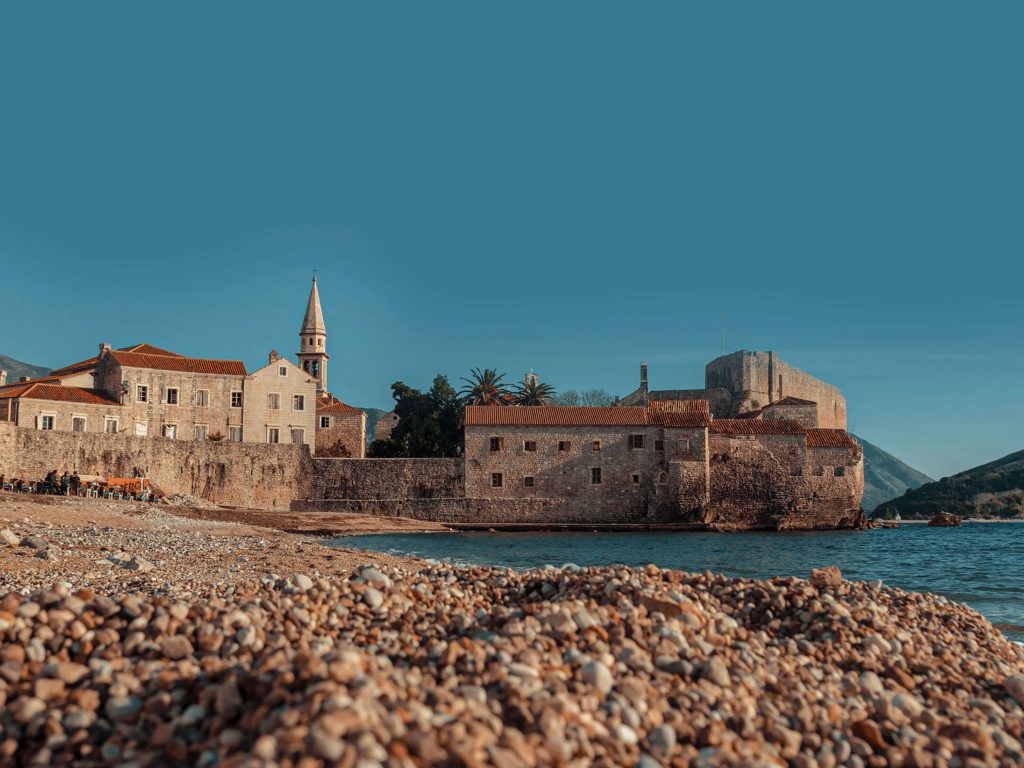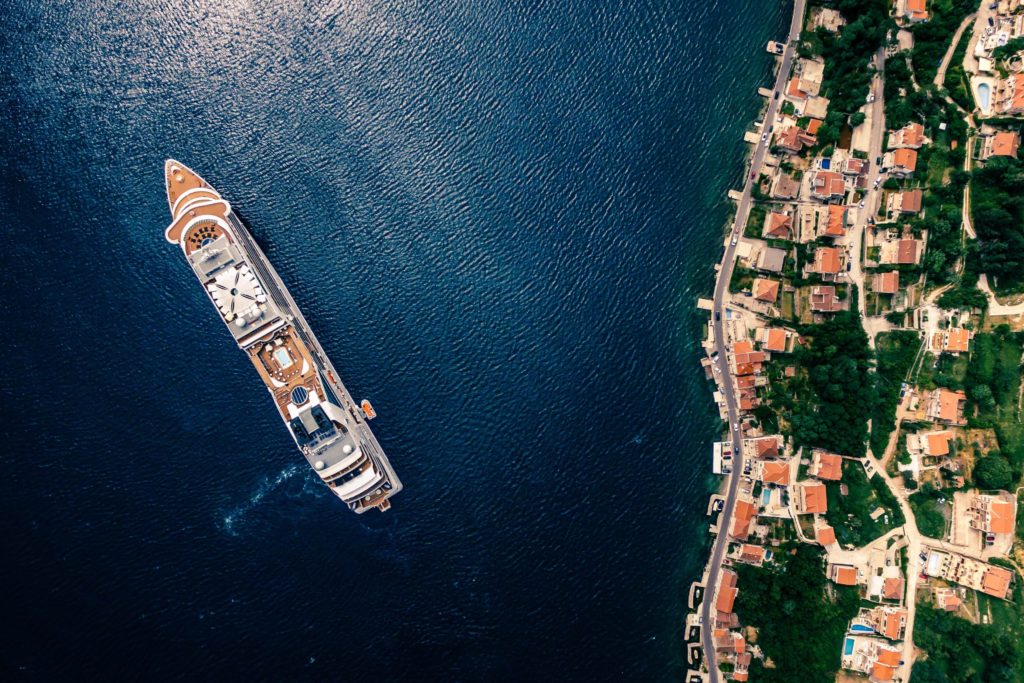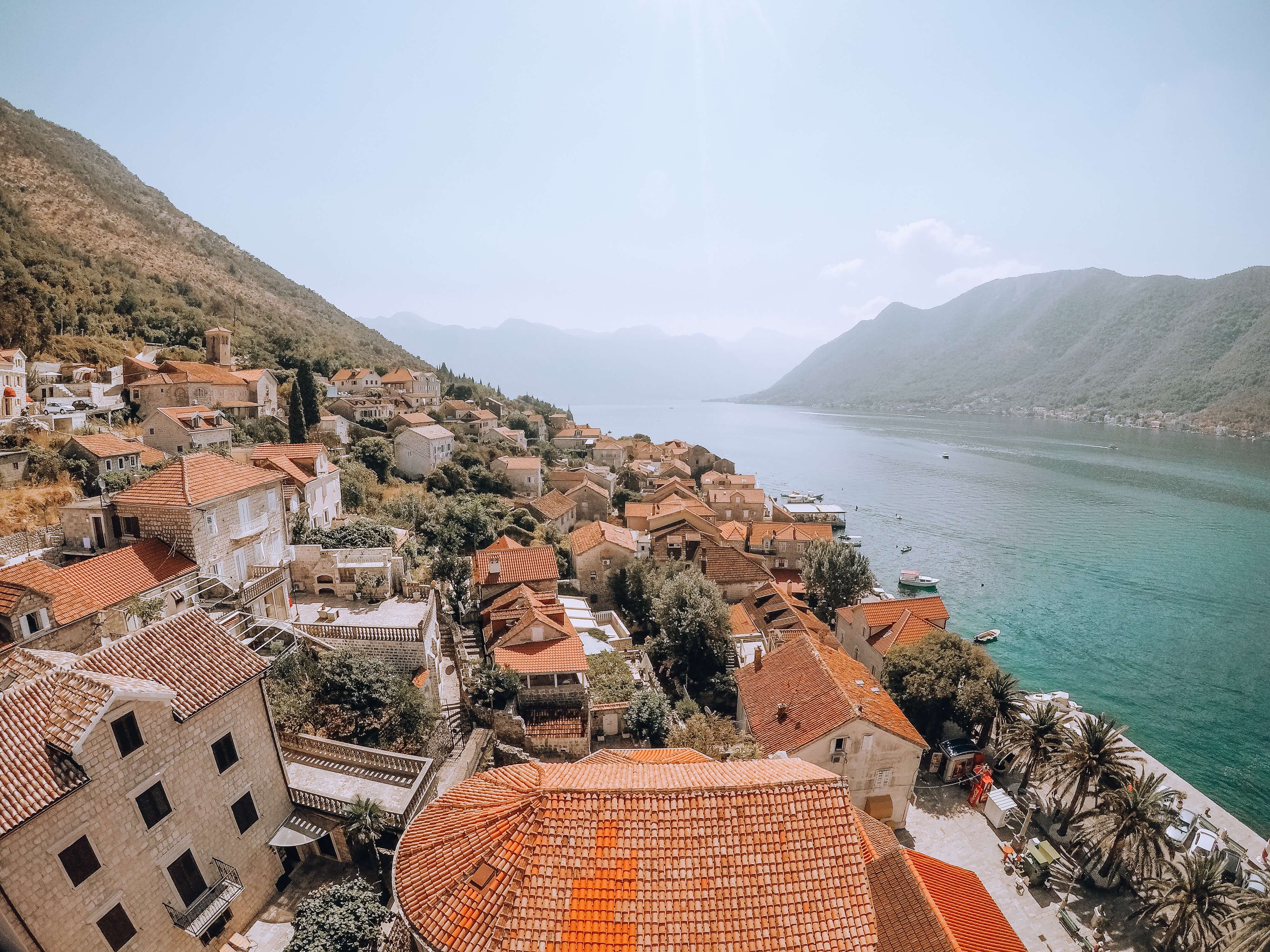For a tiny new country, situated on the coast of the picturesque Adriatic Sea, and only being brought into existence in 2006, Montenegro has managed in the space of less than two decades to inspire many expats to move to their beautiful shores, but that all may soon be changing. Unfortunately, we have found no less than 3 reasons why if you are thinking about moving to Montenegro, it is sadly no longer a good idea anymore, due to changing political factors outlined below.
Due to rising political corruption, stripping away of many personal freedoms, as well as the revocation of major immigration options that used to exist in the country, like the Citizenship by Investment visa, now being taken away at the end of the year, it is no longer recommended for expats to consider moving to Montenegro at this time.
A part of the ex-Yugoslavia, this little, mysterious nation has conjured up many fantasies of a luxurious overseas lifestyle, partially due to its name recognition as the main setting for the James Bond movie Casino Royale (despite not one scene actually being shot here!), as well as its growing reputation as a major port for yachts and the super-wealthy, looking to save money living in the beautiful Kotor Bay, instead of being ripped-off by the growing prices in neighboring Croatia.
And although some agencies operating in the expat information and travel industries have continued to up-sell the benefits of moving to Montenegro, I honestly believe that things have been changing and moving in Montenegro so rapidly in recent months, and definitely not for the better, that it would be irresponsible to continue recommending this place as a potential new home for foreigners, unless this growing negative tide abates. So what are the reasons why you should consider moving elsewhere? Look no further – here we have outlined our top 3 reasons why moving to Montenegro is no longer a good idea.
#1: Taking away Citizenship by Investment Options
For starters, most expats who were looking at moving to the chic, bourgeois resort towns of Tivat and Kotor already had quite a bit of capital saved up, and were looking to invest it in the country as a relatively good investment on their funds. In fact Montenegro actually rewards such interest in the country with an active Citizenship by Investment program, that would enable wealthy expats to invest in real estate projects at the tune of roughly $426,000 USD, and obtain their new passport within 3-6 months.
However this is now all changing, as Montenegro’s government has decided to cancel the Citizenship by Investment program by the end of 2021, with no plans on extending it. In fact – normal investors who wanted to take advantage of the program until the end of the year are being heartily discouraged, as the program is now being almost specifically reserved for ‘highly qualified specialists’ alone.
The only other options for immigrating to Montenegro are the temporary and permanent residency permits, which many expats without exorbitant amounts of capital have had to obtain, to live in equally beautiful Herceg Novi or Budva, but without the billionaire-esque yacht life culture of Kotor Bay. However, these permits have massive restrictions on how long you may be allowed out of the country per year (around no more than 1 month a year) in order to maintain your residency, and thus these restrictions on the whole, along with the revocation of the Citizenship by Investment program, do not look like good prospects for Montenegrin immigration moving forward in the coming years.
#2: Increasing Governmental Corruption and Control
In fact, if the removal of the aforementioned immigration and citizenship programs, as well as the heavy-handed procedures for obtaining and maintaining residency permits, sounded like the local government seemingly adding endless, pointless bureaucratic red-tape to cut through for prospective expats, then you would be unfortunately right.
The government of Montenegrin President Milo Đukanović has long been known for being corrupt and overbearing, even in a region such as the Balkans and Eastern Europe, where strong-men presidents are common and corruption is king. But the current situation in the country is even more dire than most other nations in the slowly stabilizing region, with a heavy-handed, deeply controlling approach from the government increasingly being seen in daily life.
This can be seen in everything ranging from the long-lasting and very strict coronavirus pandemic response of the country, while other nations in the region had already been opening up, to the way that the government political squabbles between Đukanović’s political party and his rivals, after his party recently lost a critical election for the first time in 30 years, have brought the nation to a political stand-still. All the while laws continue to tighten, freedoms are beginning to wane even more, and Montenegro continues its unfortunate decline as a place where freedoms are not nearly as respected as much in other neighboring countries.
#3: Potential Price/Tax Increases
And yet, despite these corrupt political games being played at every level of the nation’s government, the talks from within the European Union of accepting Montenegro as a full-fledged member of the bloc in the coming years continues to pick-up steam. The country already uses the Euro as its currency, which has already bumped its prices closer to bordering Croatia’s, making Montenegro a more expensive option to move to in Eastern Europe already.
However, coupled with the prospects that the country could soon join the EU, and suddenly you are looking at a massive price increase even further along the lines of their aforementioned Dalmatian coastal neighbor to the north, meaning that Montenegro would no longer offer decently affordable investment opportunities, as it once had in the past.
This also extends to the European Union’s tax and immigration laws, which would make it more costly for even expats already in the bloc, of whom would have the rights of free movement to relocate to Montenegro, to start businesses and invest in real estate, then it would have been in the past. All in all, you have the makings of a lose-lose situation for expats looking to move to Montenegro in the coming years if the EU finally accepts them as a member, as the benefits to moving to the nation would be suddenly lost, and nations like Croatia and Slovenia would suddenly be far better options to consider on a level playing field.
That said, there are options that I have discovered in Eastern Europe that can rival if not beat Montenegro as potentially great expat destinations in the region, which I have written about in this article here!
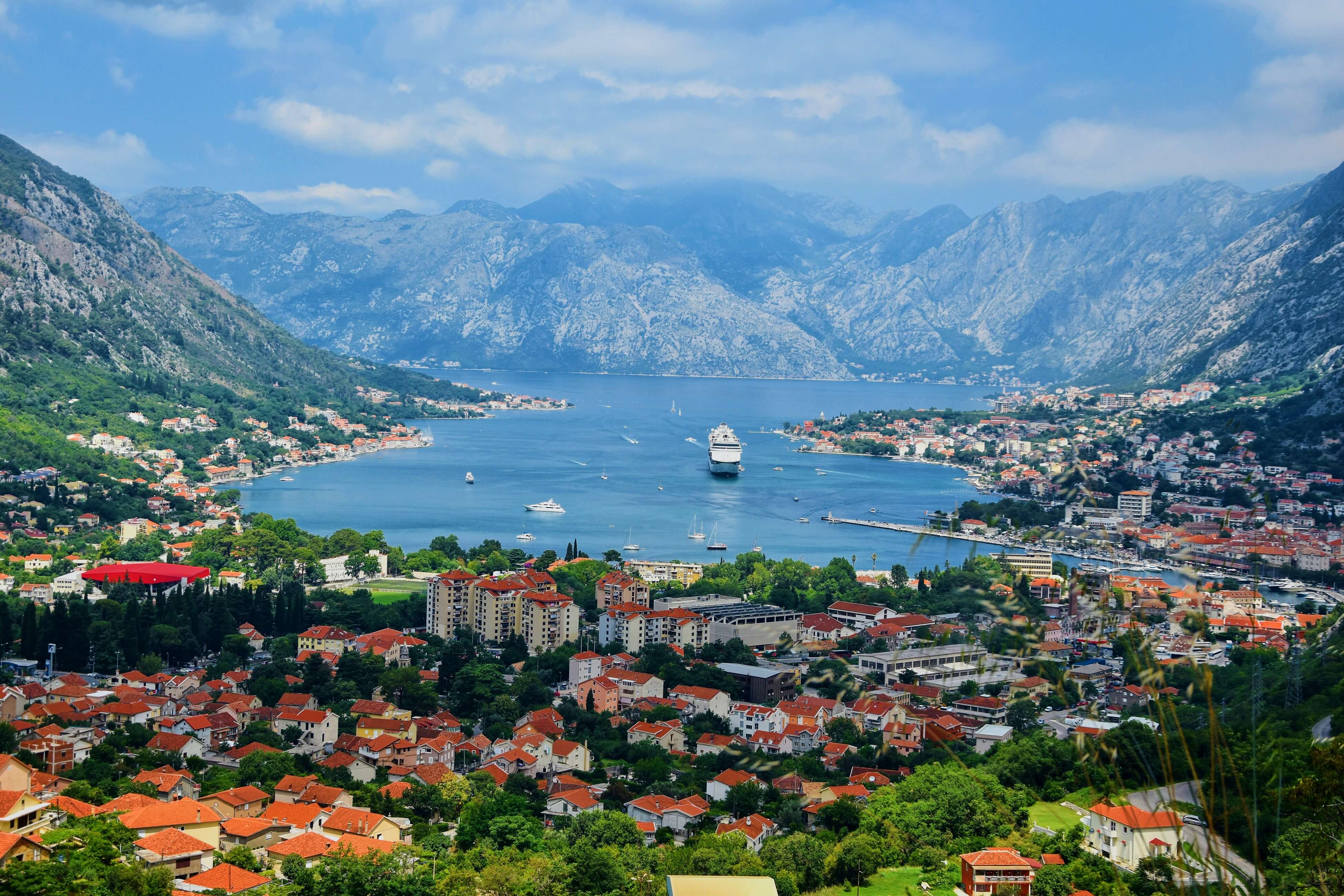
Destination: Montenegro, A Charming Land Haunted by Control and Corruption
Though the nation is still young, and the corrupt government will eventually be replaced by a new one, the present laws and situation on the ground in tiny, beautiful, but deeply flawed Montenegro will unfortunately make this destination a difficult sell in the short to mid-term for expats of all bank account sizes.
It’s is a true shame for a country with what on paper looks like it has a lot going for it – breathtaking nature, an amazing wine culture, a safe place with friendly people, and a lovely Adriatic Sea setting, is sadly all deeply hindered by the political machinations and choices being made at the highest levels. All of which for now have contributed to my opinion that despite all the great things going for Montenegro, for the time being is simply put no longer a destination that prospective expats should be seriously considering for a move abroad, to help improve their lives.
Perhaps one day Montenegro will open up its doors to foreign investment and immigration again, along with creating government policies that encourage freedom for citizens and expats alike. Until then, we have no choice but to look elsewhere in the meantime, and wait and see if Montenegro takes up its promising mantle again one day to potentially be one of the best places in all of Eastern Europe to live and play in, if only they would get out of their own way.
What do you think about living in or moving to Montenegro? Have you ever experienced life in Montenegro as an expat? What were your experiences living in the country? Let us know in the comments section below – we would love to hear from you!



